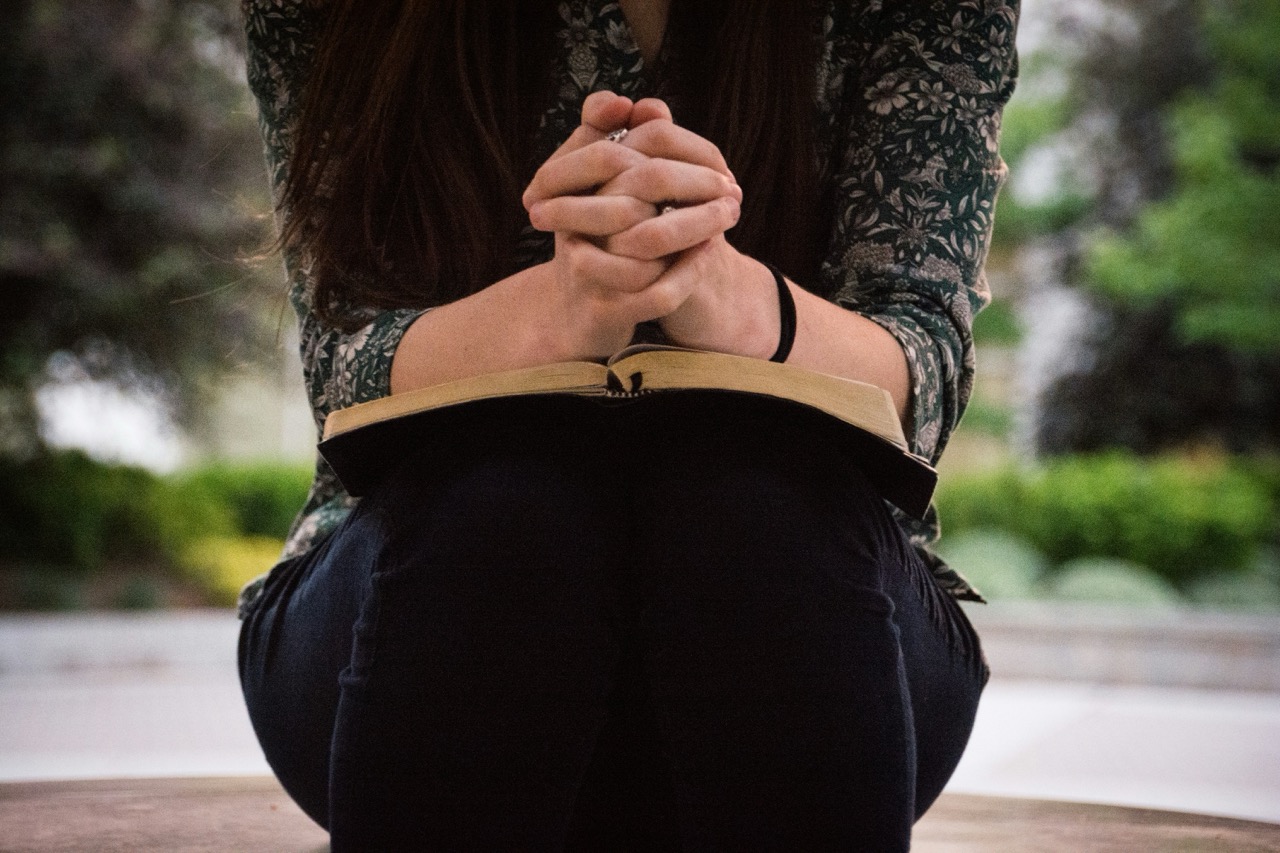The Role of Women in the Patriarchal Stories of Genesis

The Book of Genesis, the first book of the Hebrew Bible, introduces a complex narrative landscape populated by both male and female characters. While much scholarly attention has focused on the patriarchal figures, the roles of women in these foundational stories merit a deeper exploration. The narratives not only reflect societal norms of their time but also present women as pivotal figures whose actions and choices significantly impact the unfolding of biblical history. This article delves into the historical context of women in Genesis, highlights key female figures, examines the theological implications of their roles, and considers modern interpretations of their voices within these patriarchal stories.
Historical Context of Women in Genesis Narratives
In ancient Near Eastern societies, including those depicted in Genesis, gender roles were often strictly defined, with men occupying positions of authority and women typically relegated to subordinate roles. This patriarchal structure influenced the narratives found in Genesis, where male figures such as Abraham, Isaac, and Jacob dominate the storyline. Yet, it is crucial to recognize that women were not mere background characters; their experiences and contributions shaped the narratives in profound ways. The societal norms of the time dictated a limited scope for female agency, yet the text often portrays women as active participants in critical events.
The historical context of the Genesis narratives also reflects the broader cultural understandings of women in the ancient world. Fertility, lineage, and inheritance were central concerns, often placing immense pressure on women to bear children and secure their family’s future. Figures like Sarah, Rebecca, and Rachel navigate these challenges, often employing cunning and resilience in their pursuit of motherhood and familial stability. Despite their limited social power, these women exhibit agency through their choices, demonstrating a nuanced portrayal that complicates the traditional view of women as passive figures in a patriarchal narrative.
Furthermore, the historical backdrop of Genesis provides insight into the underlying themes of family, loyalty, and survival. Women’s roles are often intertwined with these themes, as they not only support their husbands but also influence the destinies of their children and, by extension, the fate of the Israelite lineage. This interplay of individual and collective identity reveals a more intricate tapestry of relationships and responsibilities that transcends the patriarchal framework, offering a richer understanding of the narratives in which these women are situated.
Key Female Figures and Their Contributions to the Text
Several prominent female figures in Genesis stand out for their significant contributions to the narrative and theological landscape of the text. Sarah, Abraham’s wife, is one of the most notable characters. Her journey reflects themes of faith and doubt, especially regarding her ability to conceive. When she laughs at the notion of bearing a child in her old age, her skepticism underscores the complexity of faith in the face of seemingly insurmountable challenges. Ultimately, Sarah’s eventual motherhood symbolizes the fulfillment of God’s promises and the continuation of the Abrahamic covenant.
Another essential figure is Rebecca, whose story illustrates the powerful role of women in shaping destiny. By actively choosing to marry Isaac, she becomes a pivotal agent in the continuation of the covenantal line. Her decision to help Jacob deceive Isaac demonstrates not only her loyalty to her favored son but also her agency in navigating the patriarchal structures around her. Rebecca’s actions lead to the establishment of Israel’s twelve tribes, further emphasizing the importance of women’s choices in the overarching narrative of Genesis.
Rachel and Leah, the wives of Jacob, further embody the struggles and complexities of womanhood in a patriarchal society. Their rivalry and competition for Jacob’s affection and for motherhood highlight the societal pressures surrounding female identity. Both women employ their cunning, using maidservants to bear children in a bid to secure their positions within the family. Their stories reveal the depth of struggle and resilience women faced while navigating their roles, ultimately contributing to the foundations of the Israelite people.
Theological Implications of Women’s Roles in Genesis
The roles of women in Genesis carry profound theological implications that invite deeper reflection on the nature of God’s covenant and the divine plan for humanity. The narratives of key female figures reinforce the notion that the fulfillment of God’s promises is not solely reliant on male lineage but also intricately connected to the women who bear and nurture the next generation. This interconnectedness challenges traditional interpretations that prioritize male figures in the divine narrative and emphasizes the significance of women’s experiences in understanding God’s work in the world.
Moreover, the portrayal of women in Genesis raises critical questions about agency, power, and morality. Women like Hagar, Sarah’s maidservant, experience both oppression and divine encounter, illustrating a complex relationship with both patriarchal structures and the divine. Hagar’s encounter with God in the wilderness, where she receives a promise for her son Ishmael, reveals a theological affirmation of her worth and dignity. This moment challenges the patriarchal norms that seek to marginalize women, illustrating that God’s concern extends beyond the patriarchal line to encompass all of humanity.
The dynamic roles of women in Genesis also invite contemporary readers to reconsider the implications of gender within a theological framework. As the stories unfold, they illuminate the multifaceted nature of God’s covenantal relationships and suggest a more inclusive understanding of divine purpose. By recognizing the contributions and experiences of women in these narratives, modern readers can appreciate the richness of the text and its enduring relevance in discussions of gender, power, and faith.
Modern Interpretations of Women’s Voices in Patriarchal Stories
Contemporary scholarship has increasingly sought to amplify women’s voices within the patriarchal narratives of Genesis, challenging traditional interpretations that often marginalize female experiences. Feminist readings of the text emphasize the agency of women and their critical roles in shaping the narrative. These interpretations highlight how female figures, often seen merely as supportive characters, are instead vital to the unfolding of biblical history. By foregrounding their experiences, modern scholars reveal the complexities of gender dynamics, suggesting that the narratives can be re-read through a lens that appreciates women’s contributions as integral to the covenantal story.
Additionally, the re-examination of women’s roles in Genesis aligns with broader movements advocating for gender equality and social justice within religious contexts. Modern interpretations highlight the importance of understanding characters like Eve, Sarah, and Hagar not solely as archetypes of traditional femininity but as individuals with unique stories and struggles. This approach fosters a more nuanced dialogue about faith that includes diverse voices and perspectives, encouraging communities of faith to embrace inclusivity and equity in their understanding of scripture.
Furthermore, these modern interpretations challenge the historical silencing of women’s voices, advocating for a re-engagement with the text that is both critical and liberating. By uncovering the layers of meaning within women’s narratives in Genesis, contemporary readers are encouraged to reflect on how these stories speak to present-day issues of gender, power, and identity. This resurgence of interest in women’s stories enriches the theological discourse, fostering a deeper understanding of the text and its implications for contemporary faith communities.
In conclusion, the exploration of women’s roles in the patriarchal stories of Genesis reveals a rich tapestry of narratives that challenges traditional interpretations of scripture. While the historical context reflects a patriarchal society, the significant contributions of key female figures underline their agency and impact on biblical history. The theological implications of these women’s roles invite deeper reflection on the nature of God’s covenant and the inclusivity of divine purpose. As modern interpretations continue to shed light on women’s voices in Genesis, they encourage a more equitable understanding of faith and gender that resonates with contemporary discussions on justice and empowerment. By recognizing the indispensable contributions of women in these narratives, we gain a more holistic view of the foundational stories of the Abrahamic faiths.




